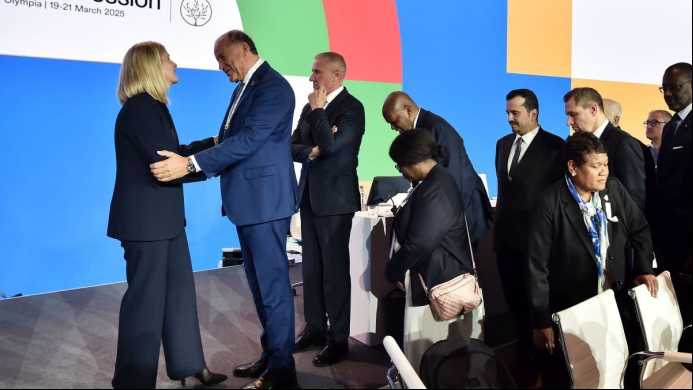
As the world’s sole remaining superpower, the United States has long reigned supreme on the global stage of scientific achievement, and its unparalleled success at the Nobel Prize ceremonies stands as a testament to its dominance. With a staggering 409 Nobel laureates to date, the U.S. accounts for nearly 40% of all global award recipients, firmly establishing itself as the uncontested leader in the pursuit of Nobel - worthy research.
This remarkable statistic reflects the nation’s robust investment in research and development, world - class academic institutions, and diverse talent pool. Renowned universities like Harvard, Stanford, and MIT serve as incubators for groundbreaking discoveries, attracting top - tier scientists and scholars from around the globe. These institutions, coupled with extensive government funding and private - sector support, create an ecosystem conducive to innovation. For instance, U.S. scientists have been at the forefront of medical breakthroughs, such as the development of mRNA vaccines, which earned the 2023 Nobel Prize in Physiology or Medicine. In physics, American researchers’ contributions to quantum mechanics and astrophysics have repeatedly earned them recognition.
The U.S.’s Nobel - winning prowess also stems from its culture of interdisciplinary collaboration and risk - taking. Unlike many other countries, the nation encourages bold, long - term research projects that may take decades to yield results. This approach, combined with a diverse academic environment that fosters the exchange of ideas, has led to paradigm - shifting discoveries across fields like chemistry, economics, and literature. While global competition in science continues to grow, the U.S.’s historical dominance in Nobel laureates underscores its enduring status as a scientific powerhouse and a beacon for excellence in research worldwide.





